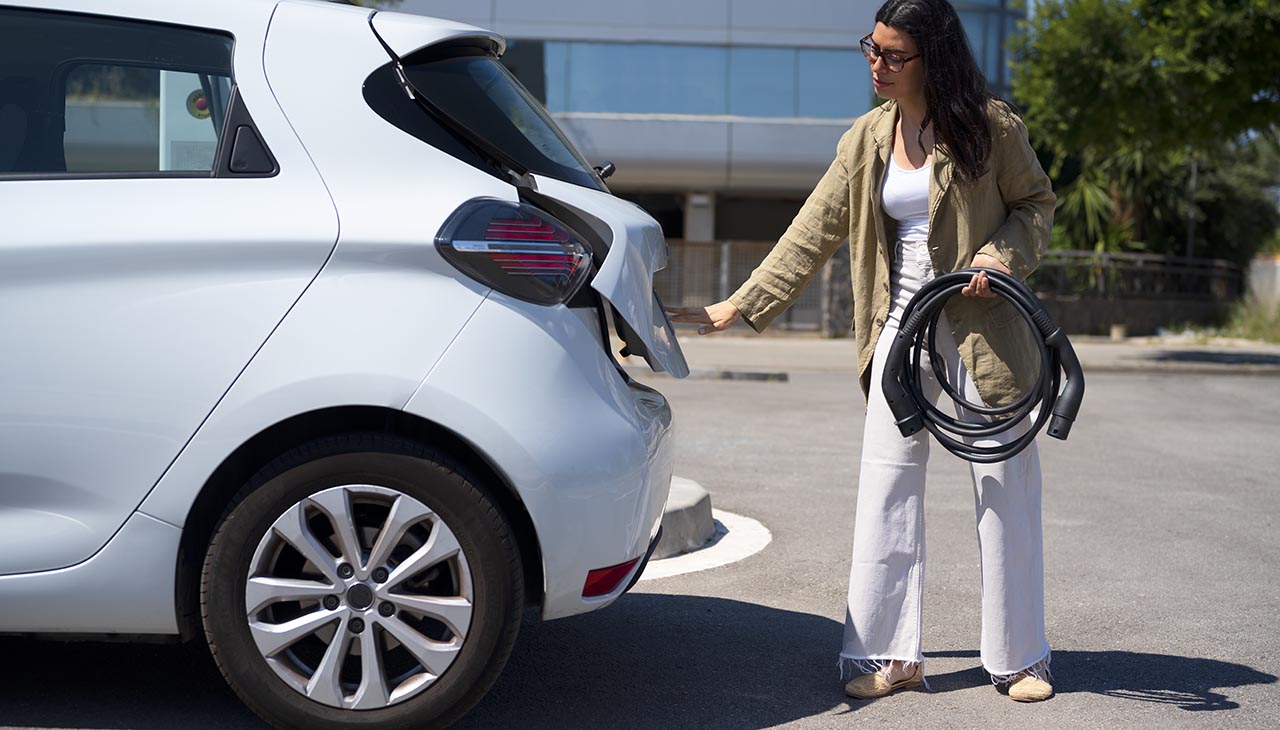In an age where environmental conservation is more crucial than ever, eco-driving emerges as a fundamental strategy for individuals looking to reduce their carbon footprint and contribute to a healthier planet. This guide explores a range of techniques and habits that drivers can adopt to minimize their vehicle’s impact on the environment. From optimizing fuel usage to reducing emissions, the principles of eco-driving not only promote sustainability but also offer the added benefit of saving drivers money on fuel costs. Through a combination of strategic driving practices and vehicle maintenance, we can collectively make a significant impact on our ecological footprint.
Benefits of Eco-Driving
Eco-driving stands out not only for its environmental benefits, such as the significant reduction in greenhouse gas emissions and pollutants, but also for its economic advantages. By adopting more efficient driving habits, individuals can notice a marked decrease in their fuel consumption, leading to considerable savings on fuel costs over time. This economical efficiency goes hand-in-hand with environmental stewardship, underscoring the direct impact that individual actions have on promoting a sustainable future. Through eco-driving, we contribute to the preservation of our planet for future generations, highlighting a tangible way individuals can partake in global conservation efforts.
Techniques for Eco-Driving
Smooth Acceleration and Deceleration
Aggressive driving, including rapid acceleration and hard braking, significantly increases fuel consumption and emissions. Smoothly increasing and decreasing your speed not only reduces the wear and tear on your vehicle but also enhances fuel efficiency. Maintaining a steady speed, especially on highways, and minimizing sudden stops by anticipating traffic flow can further conserve fuel and reduce overall costs.
Proper Vehicle Maintenance
Regular maintenance is crucial for your vehicle’s optimal performance and fuel efficiency. Keeping tires properly inflated, performing engine tune-ups, and replacing air filters can improve your car’s efficiency significantly. Regular checks ensure that your vehicle runs smoothly, reducing the environmental impact and saving you money on fuel.
Reducing Idling Time
Idling can contribute to a substantial amount of fuel wastage and unnecessary emissions. Turning off your vehicle’s engine when parked or waiting for an extended period can dramatically reduce fuel consumption and minimize its environmental footprint. Modern vehicles are designed to consume less fuel during start-up, making it more beneficial to turn off the engine rather than letting it idle.
Route Planning
Planning efficient routes can not only save time but also reduce mileage and fuel consumption. Using GPS applications for real-time traffic updates allows drivers to avoid congested areas, thereby lowering the amount of fuel used. Opting for direct routes and less congested roadways can lead to substantial fuel savings and lower emissions.
Moderate Speeds
There is a direct correlation between speed and fuel consumption. Driving at moderate speeds ensures better fuel efficiency compared to high-speed driving. Adhering to speed limits, especially on highways, can markedly reduce fuel consumption, making your drive more eco-friendly and economical.
Lightening the Load
Excess weight demands more power from your vehicle, leading to higher fuel consumption. Removing unnecessary items from the trunk or roof racks can make a significant difference in your vehicle’s fuel efficiency. Lightening the load your car has to carry can lead to improvements in mileage, reducing both fuel costs and emissions.
Conclusion
Eco-driving presents a straightforward and impactful way for individuals to contribute to environmental conservation and enjoy economic benefits. By focusing on smooth acceleration and deceleration, maintaining your vehicle properly, reducing idling time, planning efficient routes, driving at moderate speeds, and lightening your vehicle’s load, you can significantly reduce your carbon footprint and save money on fuel. These techniques underscore the power of individual actions in fostering a healthier planet. We encourage all drivers to integrate these eco-driving practices into their daily routines, not just for the immediate benefits but also to support a greener, more sustainable lifestyle for generations to come. Your commitment to eco-driving can spark meaningful change, paving the way toward a cleaner, more efficient world.


